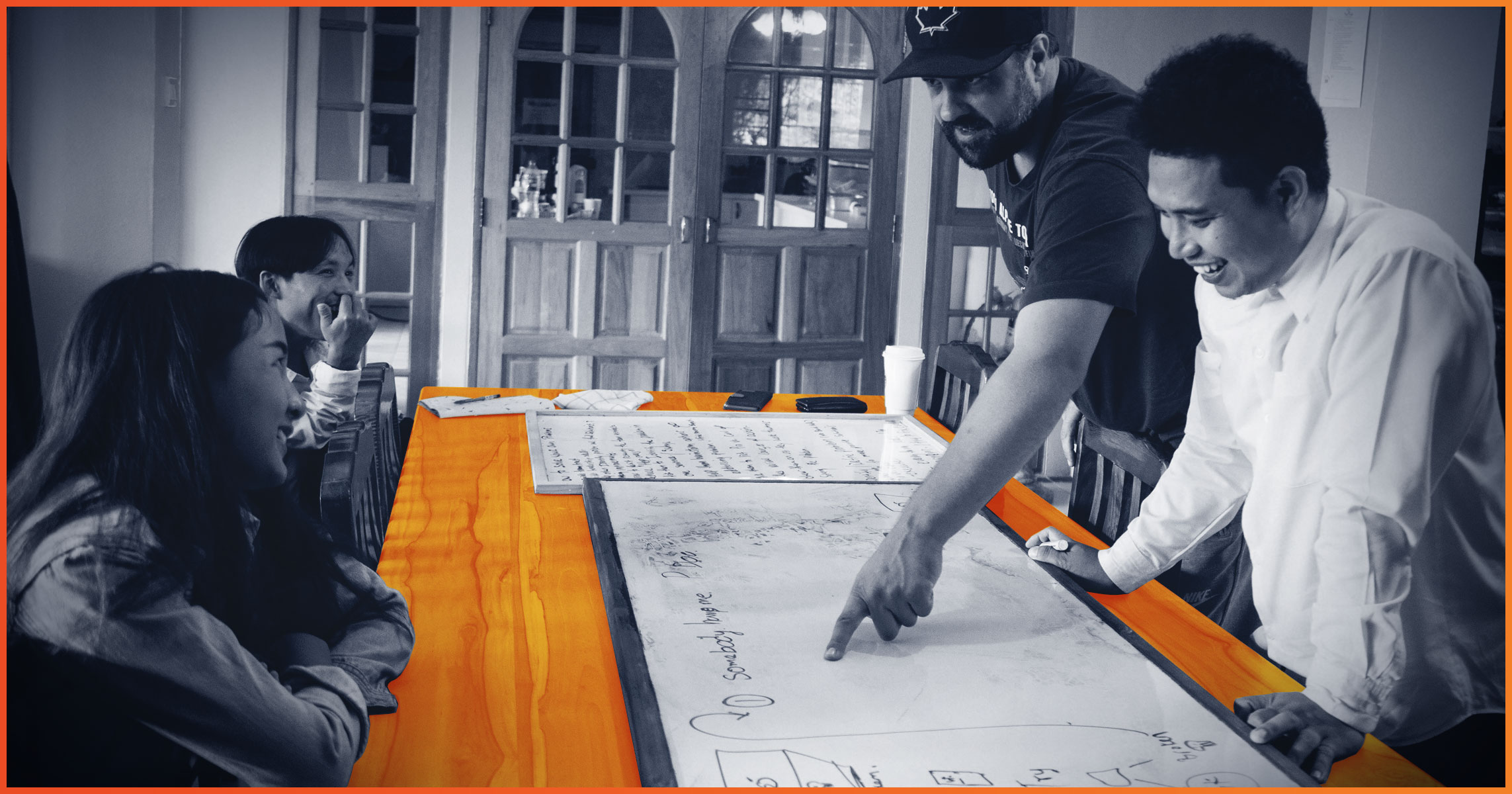
How do you build great teams? I get asked this question all the time. The research is clear: great teams are built on trust. Below, I cover three ways to build great teams… and they all begin with trust.
Why Trust Matters
David Horsager, a noted researcher on trust, believes that every time you increase trust in a team, output, morale, productivity, innovation, loyalty, and profits go up.
Patrick Lencioni’s book The Five Dysfunctions of a Team talks about how to create healthy, smart, and high-performing teams. Guess what’s at the foundation of a healthy and smart team? Trust.
There is only one thing you have to do to build trust in a team: authentically care about the people you lead and manage.
Does this mean you have to have them over to your house on Sunday or participate in a trust fall exercise? Nope!
In fact, if team members don’t care about one another, they don’t like one another. Forced fun makes people who don’t like one another spend more time together. And that’s a recipe for disaster.
How can you demonstrate to people that you genuinely care about them? The following three activities send a clear message to your team that you care.
1. Listen
Listening is a full-contact sport. That means you put your phone down or turn away from your computer. You ask follow-up questions or rephrase statements about the topic being discussed. You follow up with any appropriate questions a few days later to show you’re still thoughtfully processing the conversation.
Asking how someone is doing while answering an email is not listening. Instead, multitasking telegraphs to the person talking that you do not care about them.
Stop. Listen to hear what they’re saying. Listen with your whole body. It sends a powerful message.
2. Delegate
Delegating is hard because it takes time. You have to slow down and explain the task to whoever you’re delegating to. And that person is going to be slower than you at first.
They’ll have questions. They won’t do the task exactly like you would. But be strong!
Avoid uttering the most dangerous words in an entrepreneurial organization: “I’ll just do it myself.”
Giving someone a task that is important to you sends a clear message. It tells the person that you care about them so much that you’re willing to let them do something important for you and the organization.
3. Tell the Truth
Feedback in real-time is the fastest way to earn the respect of your team members.
A recent survey by StaffCircle found that 73% of Gen Z employees will leave a job if they don’t receive regular feedback.
Providing feedback is actually one of the most selfless things you can do. Feedback lets your team members and subordinates know whether they’re meeting your expectations.
If you find yourself creating excuses not to share information, that’s you being uncomfortable. Not sharing information is a selfish act.
Great Teams = Great Organizations
Of course, these aren’t the only ways to build great teams. But these three activities are a great start! Focusing on team health takes hard work. Ultimately, though, building a great team serves the Greater Good of the Organization.






